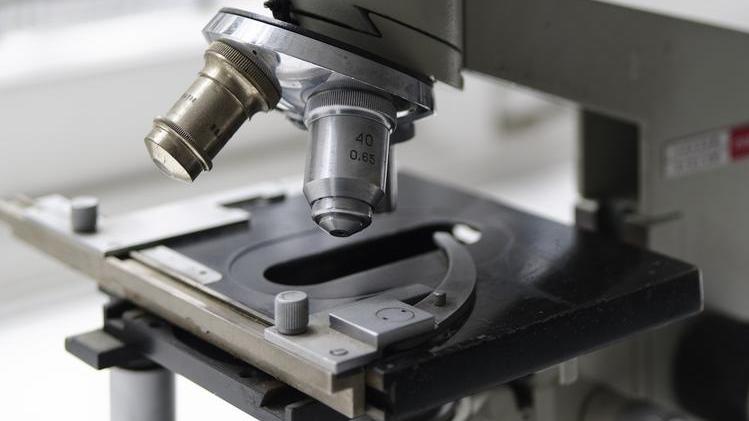CLINIC CONSULTATIONS
To find out more about how you can maximise your hair health and growth, come and see us at one of our Clinics where we will be delighted to welcome you.
You may also find that your hair will not grow past a certain length and is more prone to breakage. Here’s why…
Why are Proteins Important for Hair?
Your body uses proteins to build tissue cells — including the cells of your hair, skin and nails. Eighty to eighty-five percent of your hair is composed of a protein called keratin. Dietary proteins are composed of amino acids, which are your hair’s building blocks — they make your hair strong. Amino acids can be divided into two categories: essential and non-essential. Essential amino acids cannot be synthesized by the body, and so must be obtained through the diet. Non-essential amino acids can also be obtained from food, as well as being manufactured by the body from essential amino acids.
Without sufficient available protein, your hair can become brittle and fall out before it reaches its full length. This is one of the reasons why people with a low-protein diet often find their hair will not grow past a certain length.
If you experience hair loss from lack of protein, try not to worry — this is reversible, and relatively easy to correct with adjustments to your diet. We suggest including at least 120g in weight of a protein-rich food (approximately a palm sized portion) with every breakfast and lunch.
Good Sources of Protein
The best sources of protein include fish, eggs, red meat, poultry, cheese, beans, quinoa, tofu, seitan, legumes and nuts. Be wary of cheese, though: it can exacerbate eczema and dandruff in some people, and also takes over two hours to digest.
Eggs: The Perfect Protein for your Hair
The protein found in egg whites is one of the most complete and easily absorbed forms of protein for your body. Dietary protein is essential to hair growth and health, because hair is made primarily of keratin – a special hair protein that gives your strands their strength, flexibility and elasticity. We suggest eating up to two eggs a day, at either breakfast or lunch.











